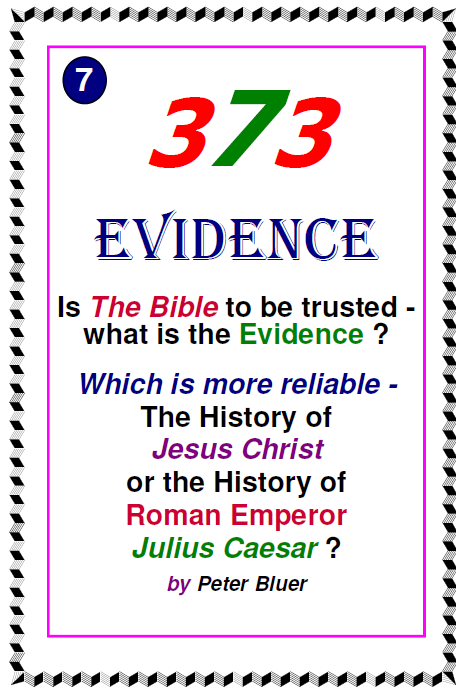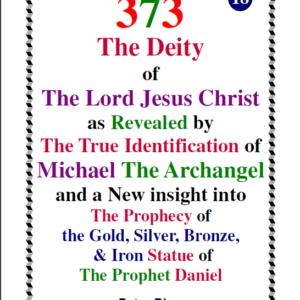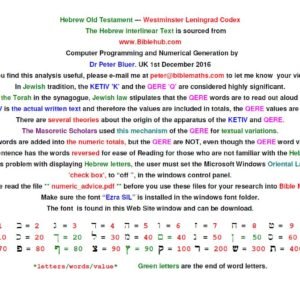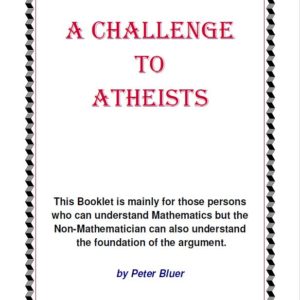The problem today is that people have opinions about the scriptures, and yet, do not know anything about their origin and transmission. The New Testament is constantly under attack and its reliability and accuracy are often contested by individuals. But, if these persons want to set aside the New Testament, then ‘they must’ also disregard other ancient writings: for example, those by Plato, Aristotle, and Homer. Now the reason for this is that the New Testament documents are better preserved and more numerous than any other ancient writing. Because the copies are so numerous, they can be cross checked for accuracy. This checking process, ‘ textual criticism ’ as it is called, has determined that the biblical documents are extremely consistent and accurate. There are presently 6000 Greek manuscripts in existence today of the New Testament. If we were to compare the number of New Testament manuscripts to other ancient writings, we find that the New Testament manuscripts far outweigh the others in quantity. As you will see, there are thousands more New Testament Greek manuscripts than any other ancient writing. The internal consistency of the New Testament documents is about 99.5% textually pure. That is an amazing accuracy. In addition there are over 19,000 copies in the Syriac, Latin, Coptic, and Aramaic languages. The total supporting New Testament manuscript base is over 24,000. The New Testament documents were all written before the close of the first century and Matthew, Mark, Luke, Acts and the epistles were written before AD 70. This is important because it means there were plenty of people around when the New Testament documents were penned who could have contested the writings. In other words, those who wrote the documents knew that if they were inaccurate, plenty of people would have been around to point it out. We have absolutely no ancient documents contemporary with the first century that contest the New Testament texts.




